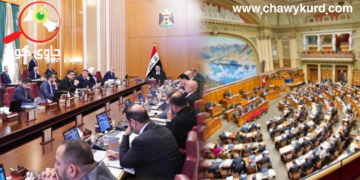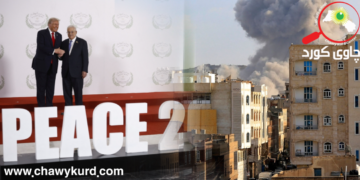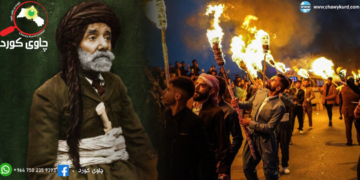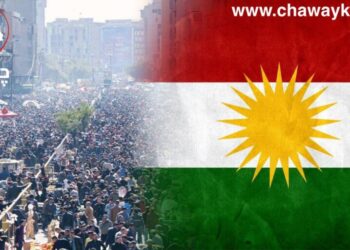The campaign for the Kurdistan parliamentary elections began on September 25 and continued until October 15. Special voting implemented on October 18 and General voting two days later on October 20 was done. Unlike the Iraqi parliamentary elections, which are based on the Sainte-Laguë method, the Kurdistan parliamentary elections are based on the “Her system”. According to this system, all the valid votes in the constituency are collected together and divided by the number of seats in the constituency.
For the sixth session of the Kurdistan Regional parliamentary elections, seven thousand and 607 polling stations were prepared; one thousand and 437 polling stations have been designated for the sixth session of the Kurdistan Regional parliamentary elections. According to the schedule released by the Election Commission, 62 bases in all the provinces where the special and general voting had been designated for the media to cover. 1,650 international observers have registered to monitor the voting process in the Kurdistan parliamentary elections, while more than 5,000 domestic observers have registered with the commission.
“Expanding constituencies”
For the first time in the history of the Kurdistan Regional elections, the elections were divided from one constituency into four constituencies. The difference is that in one constituency, the votes of parties and candidates throughout the Kurdistan Region were collected, but according to four constituencies, the votes of candidates are counted on the constituency in which they were nominated and voters must vote only for the candidate.
The 100 seats in parliament were divided among the four constituencies under a proportional representation system with excess votes going to the majority vote; 25 seats in Duhok, 34 seats in Erbil, 38 seats in Sulaimani, three seats in Halabja and in Erbil, Duhok and Sulaimani, five seats have been determined for the minor communities.
The proportion of women and men in 100 seats”
In the previous elections, 30% was reserved for women, therefore out of the 1,191 candidates, 368 are female and 823 are male, divided into all four constituencies and out of 100 parliamentary seats, there will be 30 female seats.
“Reducing the seats of the minor communities”
In the previous elections, 11 seats were allocated to the three communities of the Kurdistan Region, which were the last seats. “Chaldeans, Syrians, Assyrians” were allocated five seats, Turkmen five seats and Armenians one seat. However, the final seats were annulled by a decision of the Iraqi Federal Supreme Court. Later, on May 20, the Iraqi Electoral Judiciary decided to allocate five seats to the communities and distribute them among the constituencies as follows: two seats for the Turkmen (one seat in Sulaymaniyah, one seat in Erbil), three seats for the Chaldean, Syrian, Assyrian and Armenian communities (one seat in Sulaimani, one seat in Erbil and one seat in Duhok).




























































